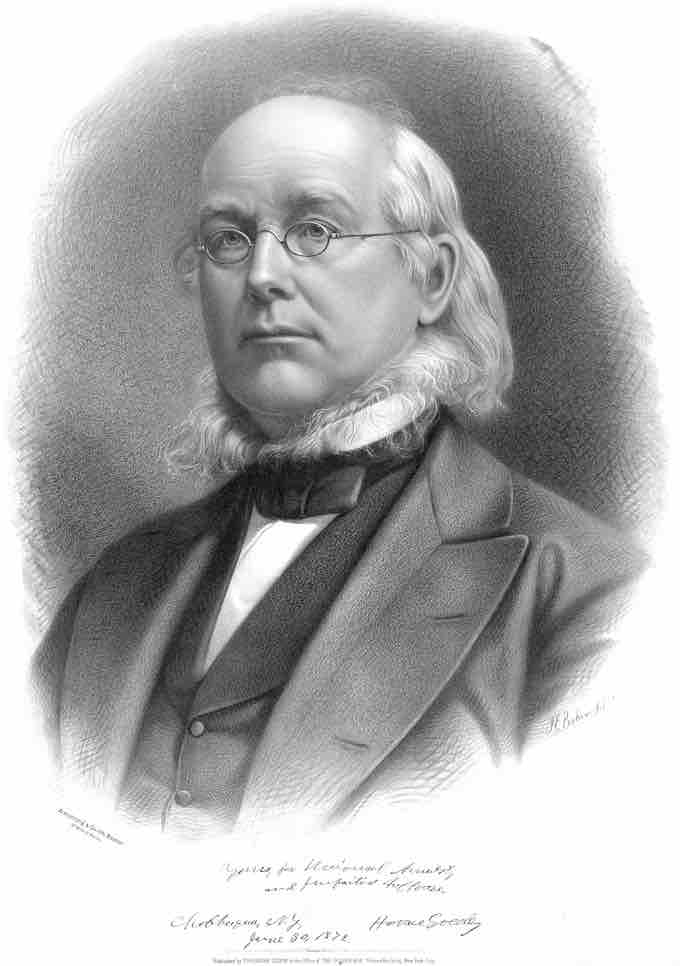Grant remained popular throughout the nation, despite the scandals evident during his first term in office. Grant had supported a patronage system that allowed Republicans to infiltrate and control state governments. In response to President Grant's federal patronage, in 1870, Senator Carl Schurz from Missouri, a German immigrant and Civil War hero, started a second party known as the "Liberal Republicans." They advocated civil-service reform, a low tariff, and amnesty for former Confederate soldiers. The Liberal Republicans thought that the Grant administration, and the president personally, were fully corrupt. More importantly, they thought that the goals of Reconstruction had been achieved. These goals were first, the destruction of slavery, and second, the destruction of Confederate nationalism. With these goals achieved, the tenets of republicanism demanded that federal military troops be removed from the South, where they were propping up allegedly corrupt Republican regimes.
The Liberal Republicans successfully ran B.G. Brown for the governorship of Missouri and won with Democrat support. Then in 1872, the party completely split from the Republican Party and nominated New York Tribune editor Horace Greeley as candidate for the presidency. The Democrats, who at this time had no strong candidate choice of their own, reluctantly adopted Greeley as their candidate with Governor B.G. Brown as his running mate. Frederick Douglass supported Grant and reminded black voters that Grant had destroyed the violent Ku Klux Klan.
The Radical Republicans, who were content with their Reconstruction program for the South, renominated Grant, with Representative Henry Wilson as his running mate in 1872. Grant had remained a popular Civil War hero, and the Republicans continued to wave the "bloody shirt" as a patriotic symbol intended to remind voters that the Democrats did not support the war effort. The Republicans favored high tariffs and a continuation of Radical Reconstruction policies that supported five military districts in the Southern states. Grant also favored amnesty for former Confederate soldiers such as the Liberal Republicans.
Because of political infighting between Liberal Republicans and Democrats, the physically ailing Greeley was no match for Grant, the "Hero of Appomattox," and lost dismally in the popular vote. Grant swept the Electoral College, getting 286 votes while other minor candidates received only 63 votes. Grant won 55.8 percent of the popular vote between Greeley and the other minor candidates. Heartbroken after a hard-fought political campaign, Greeley died a few weeks after the election and in the end, only received three electoral votes. Out of respect for Greeley, Grant attended his funeral.

Horace Greeley
Horace Greeley was soundly defeated as the candidate of the Liberal Republican Party during the election of 1872.